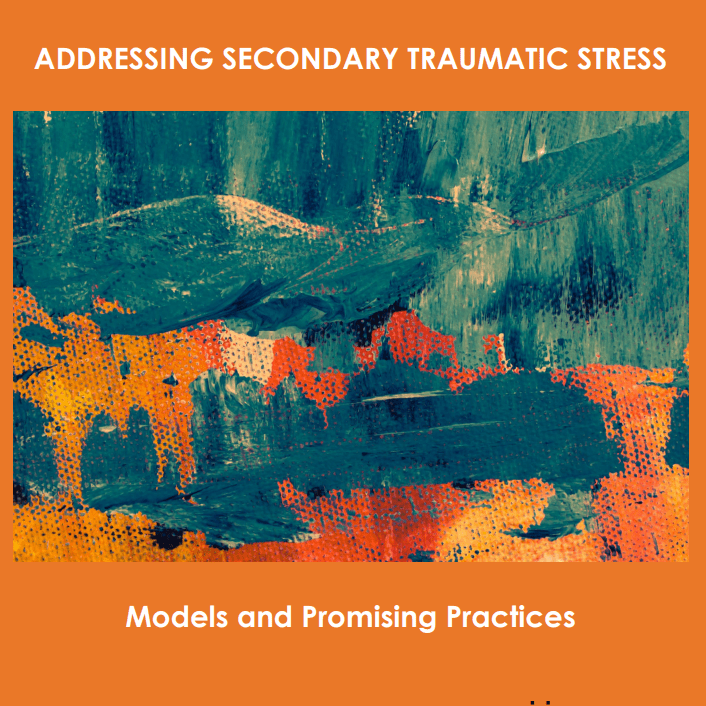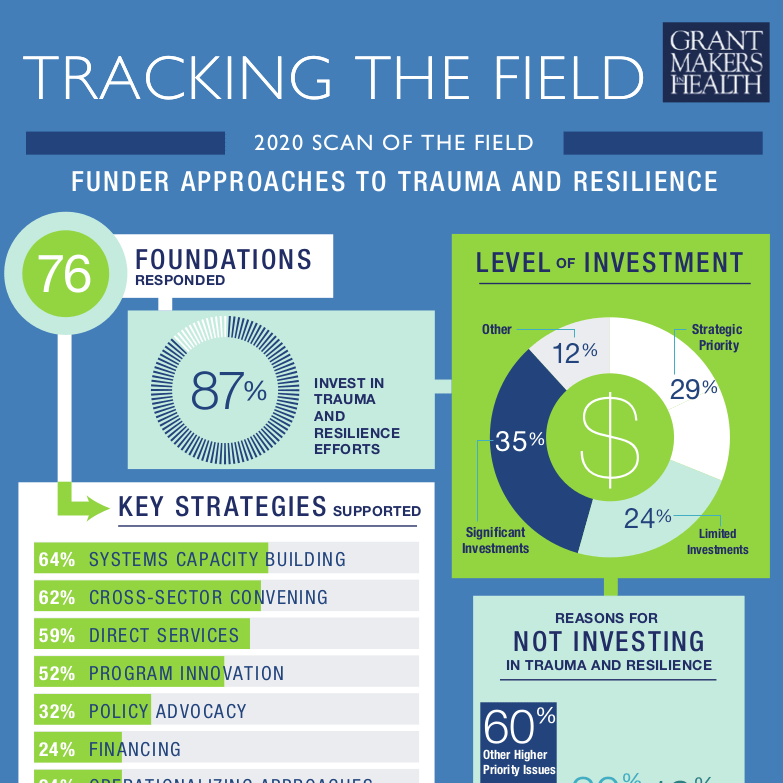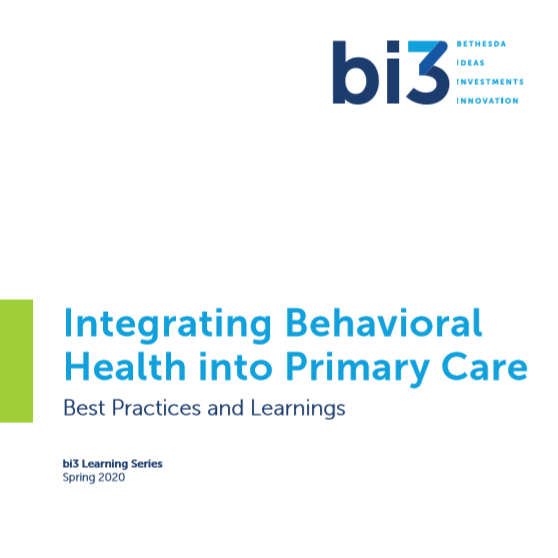Addressing Secondary Traumatic Stress: Philanthropy’s Role in Fostering Grantee Resilience
Grantmakers Concerned with Immigrants and Refugees recently conducted a national research study on models and promising practices in addressing secondary traumatic stress. The full report and funder summary provide an important review of the field and recommendations on how funders can best support grantee organizations.
Philanthropy’s Role in Fostering Grantee Resilience and Managing Secondary Trauma
Leaders from the field released findings and recommendation for action from our recently concluded national research project on secondary trauma.
Funder Approaches to Trauma and Resilience
Survey Results and Implications for Health Philanthropy
COVID-19, Drug Policy, and Racial Justice
Efforts to reduce reliance on the criminal justice system and instead increase access to community-based harm reduction, mental health, and substance use services are underway across the country. This webinar featured a discussion on federal, state, and local efforts to strengthen social safety nets and expand access to effective overdose prevention and harm reduction interventions.
Healing Justice Guidance to Philanthropy During COVID-19, the Uprisings, and Beyond
Funders for Justice Healing Justice Strategy Group members recently released strategic guidance for funders on how to incorporate a healing justice lens into grantmaking.
Mental Health and Substance Use State Fact Sheets
Kaiser Family Foundation recently released national and state-level data on mental health both before and during the coronavirus pandemic.
Integrating Behavioral Health into Primary Care Best Practices and Learnings
A new resource from GIH Funding Partner, bi3, shares best practices and lessons learned from their integrating behavioral health into primary care grant initiative.





